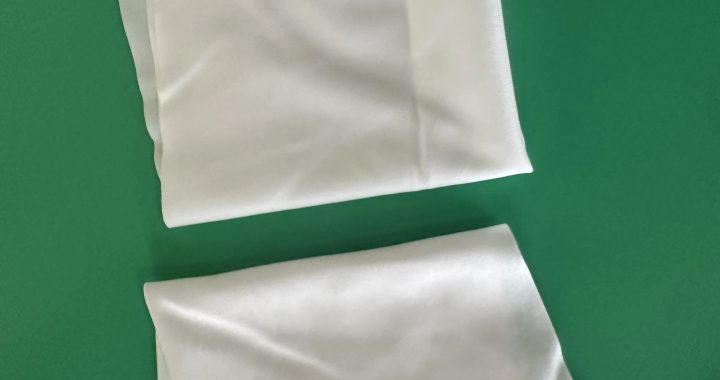Cleanroom wipes are crucial in semiconductor manufacturing to maintain particle-free environments and prevent contamination.
Key Features:
-
Lint-Free: Ensures no fibers are left behind on delicate semiconductor components.
-
High Absorbency: Effectively captures oils, dust, and other residues without leaving residue.
-
Antistatic Properties: Minimizes electrostatic discharge (ESD) risks that could damage sensitive electronic components.
-
Durability: Strong and resilient material ensures wipes remain intact during cleaning processes.
Applications:
-
Wafer Cleaning: Safely removes dust and oils from wafer surfaces without causing contamination.
-
PCB Assembly: Used for cleaning PCBs during assembly, ensuring no residual contamination.
-
Cleanroom Floors and Surfaces: Cleans floors, counters, and equipment surfaces in semiconductor cleanrooms, maintaining particle-free conditions.
-
Microchip Manufacturing: Helps prevent particle contamination on microchips during the manufacturing process.
Best Practices:
-
Unidirectional Wiping: Clean from clean to dirty areas to avoid contaminating previously cleaned surfaces.
-
Use Proper Moisture Levels: Ensure wipes are adequately moistened to avoid excess liquid that could damage equipment.
-
Single-Use Wipes: Discard wipes after each use to prevent cross-contamination.
-
Surface Verification: Check surfaces to ensure they are free of particles and residues after cleaning.
Benefits:
-
Prevents Contamination: Keeps semiconductor devices and equipment free from dust, oils, and static contamination.
-
Protects Sensitive Components: Minimizes the risk of electrostatic discharge (ESD) that can damage microchips and wafers.
-
Improves Cleanroom Standards: Helps maintain the cleanliness required for Class 100 and higher semiconductor cleanrooms.
